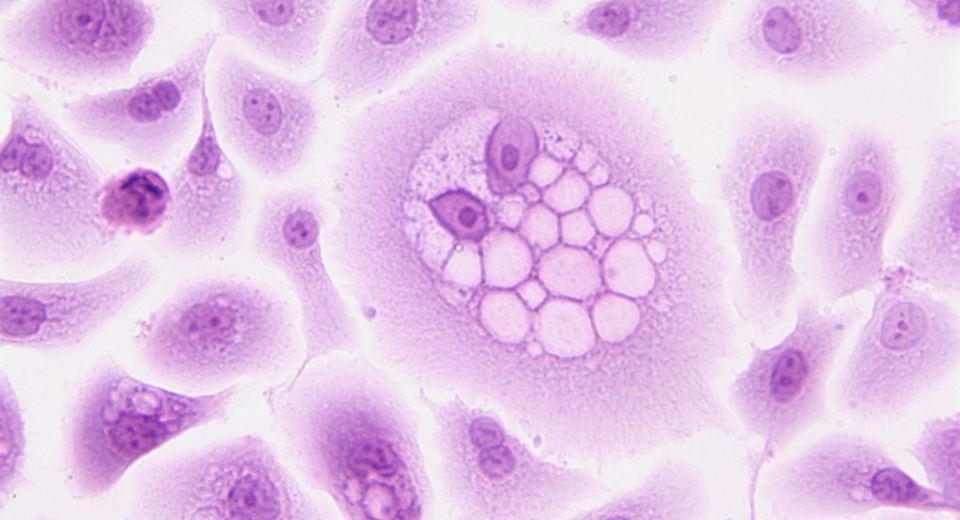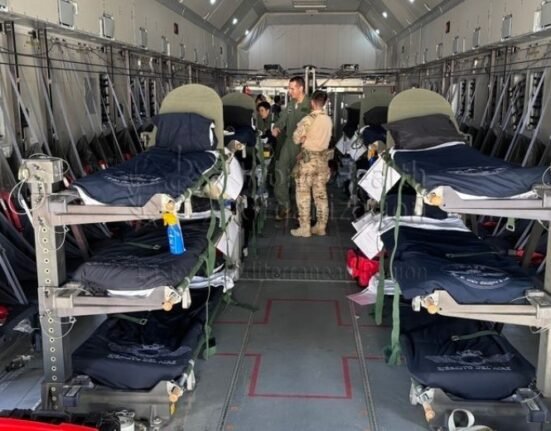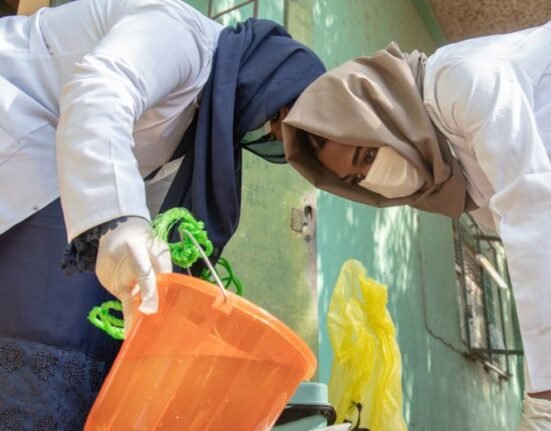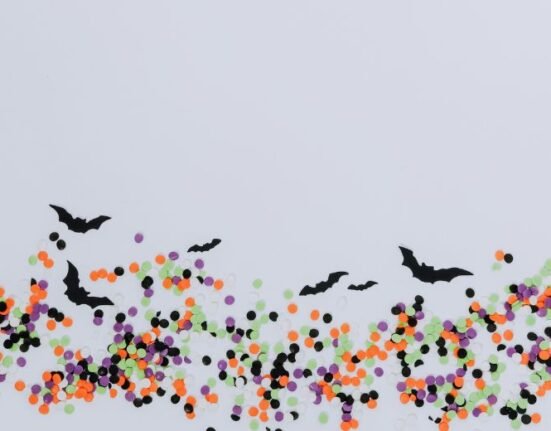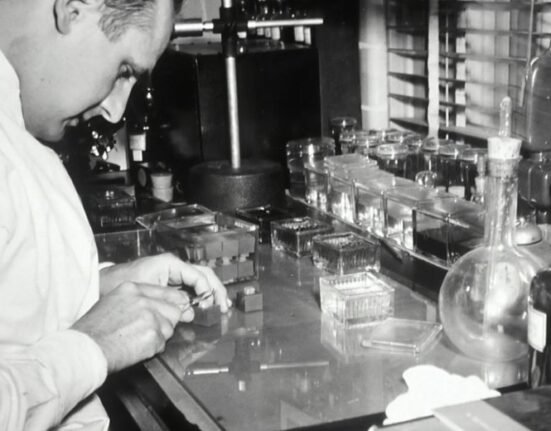HQ Team
February 1, 2024: More than 35 million people may have cancer in 2050 — an increase of 77% from 20 million new cases in 2022, according to a WHO report.
In 2022, there were an estimated 9.7 million deaths due to cancer, according to WHO and its International Agency for Research on Cancer (IARC) report.
The report is based on a survey of 185 nations and highlights the growing burden of cancer, the disproportionate impact on underserved populations, and the urgent need to address cancer inequities worldwide.
“The impact of this increase will not be felt evenly across countries of different Human Development Index levels. Those who have the fewest resources to manage their cancer burdens will bear the brunt of the global cancer burden,” said Dr Freddie Bray, Head of the Cancer Surveillance Branch at IARC.
The estimated number of people who were alive within five years following a cancer diagnosis was 53.5 million. About one in five people develop cancer in their lifetime, approximately one in nine men and one in 12 women die from the disease.
36 cancers
Ten types of cancer collectively comprised around two-thirds of new cases and deaths globally in 2022. The IARC Global Cancer Observatory covers 185 countries and 36 cancers.
Lung cancer was the most commonly occurring cancer worldwide with 2.5 million new cases, accounting for 12.4% of the total new cases.
Female breast cancer ranked second with 2.3 million cases or 11.6%, followed by colorectal cancer (1.9 million cases, 9.6%), prostate cancer (1.5 million cases, 7.3%), and stomach cancer (970,000 cases, 4.9%).
Lung cancer was the leading cause of cancer death at 1.8 million or 18.7% of the total cancer deaths. Its re-emergence as the most common cancer is likely related to persistent tobacco use in Asia, according to the report.
Colorectal cancer accounted for 9.3% of the total deaths followed by liver cancer, 760,000 deaths or 7.8%, breast cancer 670,000 deaths or 6.9%, and stomach cancer, 660,000 deaths or 6.8%.
Breast cancer
Breast cancer was the most common cancer in women in the vast majority of countries with cases reported from 157 of 185 nations.
“Global estimates reveal striking inequities in the cancer burden according to human development,” according to the report.
In countries with a very high Human Development Index (HDI), one in 12 women will be diagnosed with breast cancer in their lifetime and one in 71 women die of it.
By contrast, in countries with a low HDI, while only one in 27 women is diagnosed with breast cancer in their lifetime, one in 48 women will die from it.
“Women in lower HDI countries are 50% less likely to be diagnosed with breast cancer than women in high HDI countries, yet they are at a much higher risk of dying of the disease due to late diagnosis and inadequate access to quality treatment,” said Dr Isabelle Soerjomataram, Deputy Head of the Cancer Surveillance Branch at IARC.
Disparity in services
The global survey on Universal Health Coverage and cancer shows that only 39% of participating countries covered the basics of cancer management as part of their financed core health services for all citizens, ‘health benefit packages.’
The widest disparity for any service was stem-cell transplantation, which was 12 times more likely to be included in a health benefit package of a high-income than a lower-income country.
“WHO’s new global survey sheds light on major inequalities and lack of financial protection for cancer around the world, with populations, especially in lower-income countries, unable to access the basics of cancer care,” said Dr Bente Mikkelsen, Director of the Department of Noncommunicable Diseases at WHO.
Significant disparities in cancer treatment outcomes existed between high and low-income regions of the world and also within countries, said Dr Cary Adams, head of UICC – Union for International Cancer Control.
“Where someone lives should not determine whether they live. Tools exist to enable governments to prioritise cancer care, and to ensure that everyone has access to affordable, quality services.
“This is not just a resource issue but a matter of political will.”


